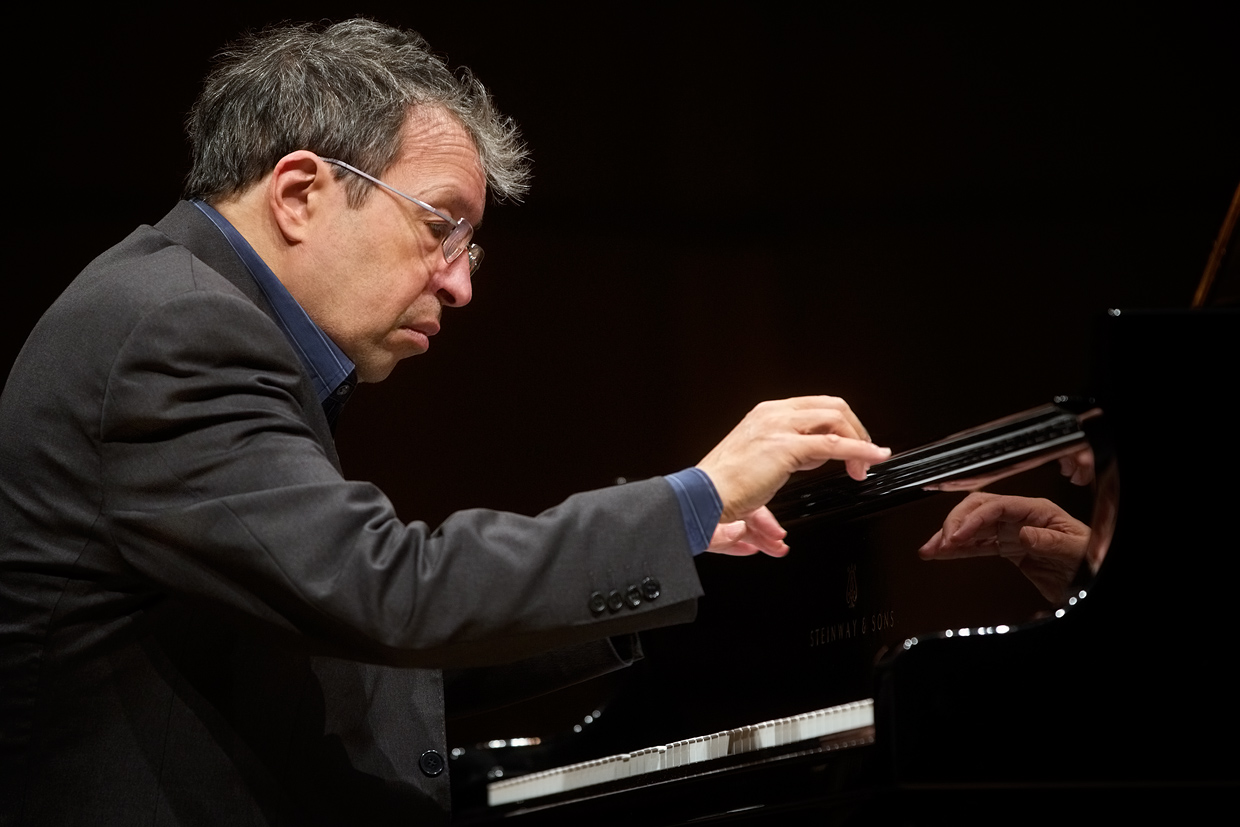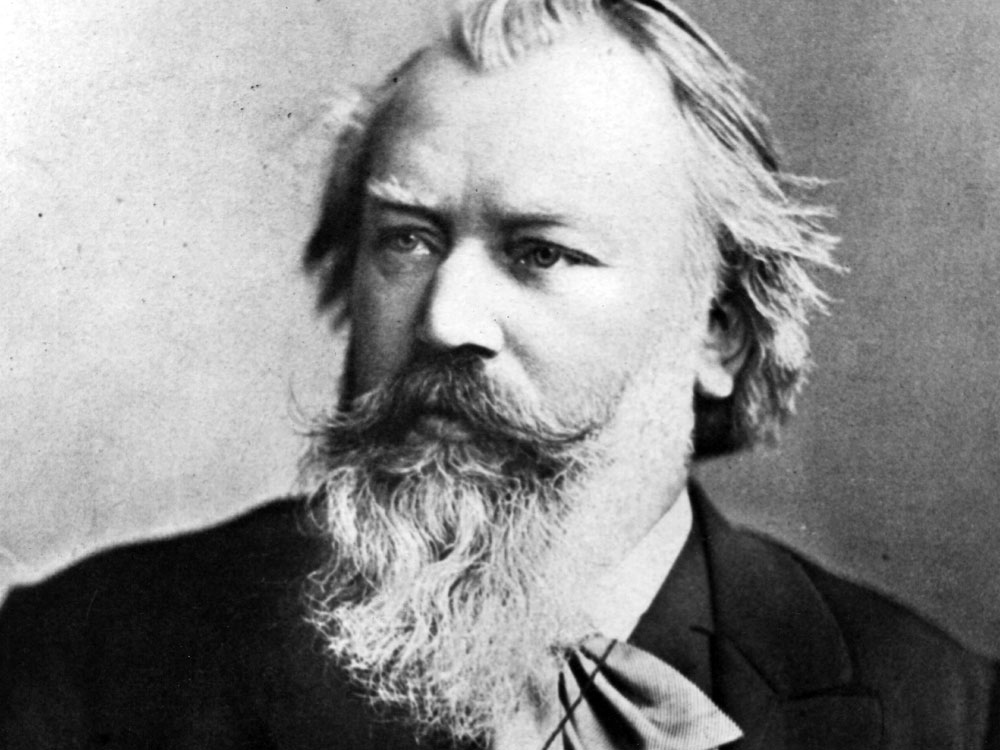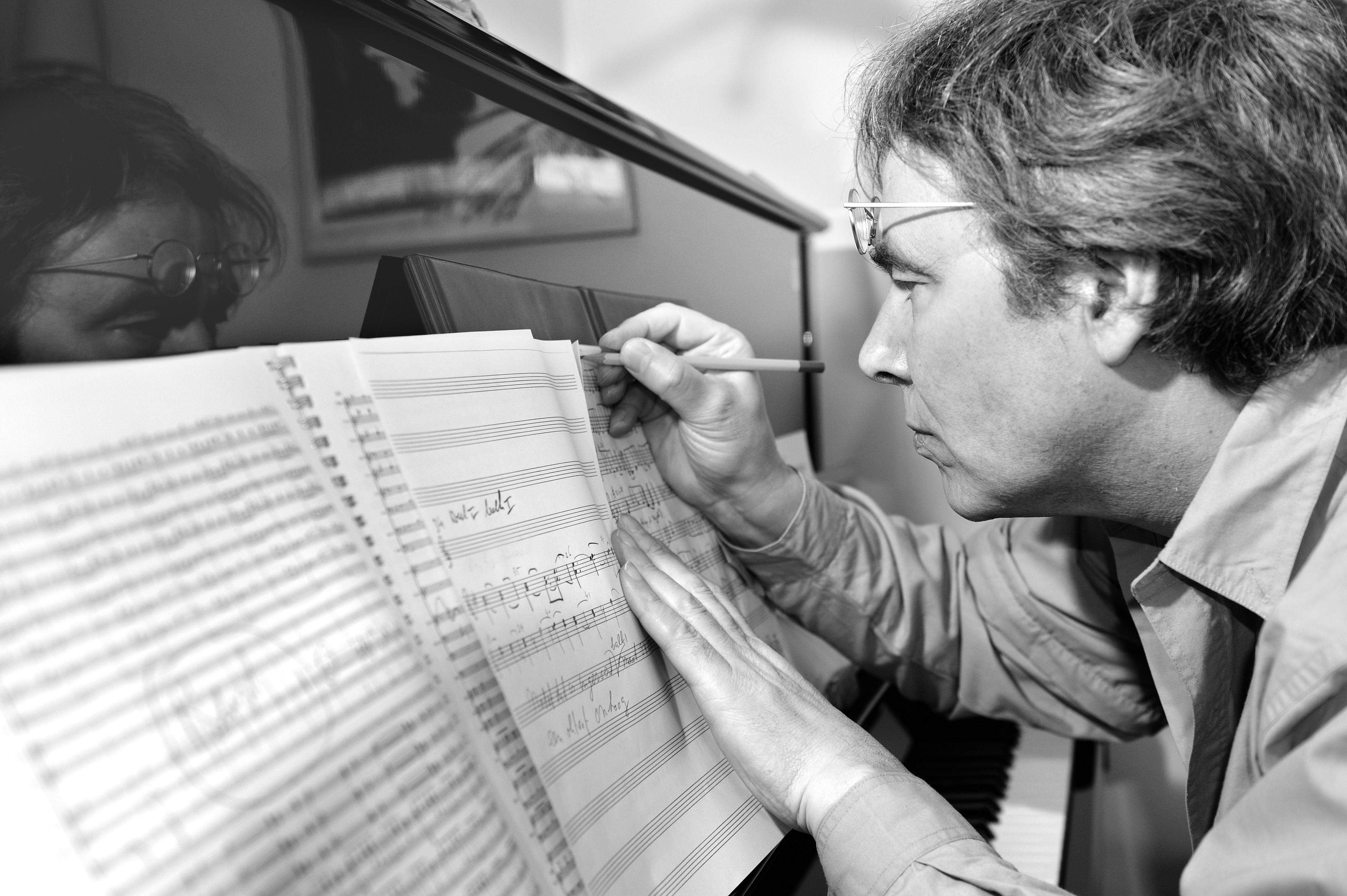Three Classic Recordings of Gossec’s Gavotte
Let’s finish the week with three classic recordings of the charming, bubbly gavotte which concludes Book 1 of the Suzuki Violin repertoire. It’s a piece you may recognize, even if you’re unfamiliar with its composer- the now largely forgotten François-Joseph Gossec (1734-1829). Originally written for the 1786 opera, Rosine, Gossec’s Gavotte found its way into this 1938 Looney Tunes film. Gossec, a contemporary of Haydn, wrote numerous operas and orchestral works (Symphony in F Major), …







